During the 7 months of blockade of Artsakh, “those born in the blockade” were often spoken about. Indeed, the number of births was a unique ray of hope for those waiting for any positive news from Artsakh, while only a few know about those who were not born. Malnutrition, constant stress, impossibility of movement within the town due to lack of fuel, problem of access to necessary medical care, severe living conditions due to power outages and complete lack of gas with all the consequences. Perhaps, these are enough reasons to be seriously concerned about the trend of reduction of birth rate in Artsakh in the coming months.
For obvious reasons people and experts in Artsakh avoid talking publicly about women who have lost their unborn children due to the above-mentioned problems or who had to terminate their pregnancies. Meanwhile, at least two provisions of the Part 2 of the UN Genocide Convention refer to such situations:
Deliberately inflicting on the group conditions of life calculated to bring about its physical destruction in whole or in part;
Imposing measures intended to prevent births within the group.
Throughout the blockade, the Red Cross mission have been transporting pregnant women from Artsakh, upon doctor’s instruction, however, this movement is also being halted from time to time, in parallel with the aggravation of the situation. At best, pregnant women or people with serious health problems have to wait for their turn, which sometimes lasts weeks and months.
On July 11, Azerbaijan once again obstructed the passage of the vehicles of the International Committee of the Red Cross through the Lachin Corridor and initiated a case against the ICRC, accusing it of smuggling. Thus, the transportation of patients has again been suspended for an indefinite period of time.
“Something that could not be imagined before”
The pregnancy of 36-year-old V., one of our interlocutors, developed along with the blockade: in the past 7 months, she appeared in the hospital more than once with the risk of miscarriage.
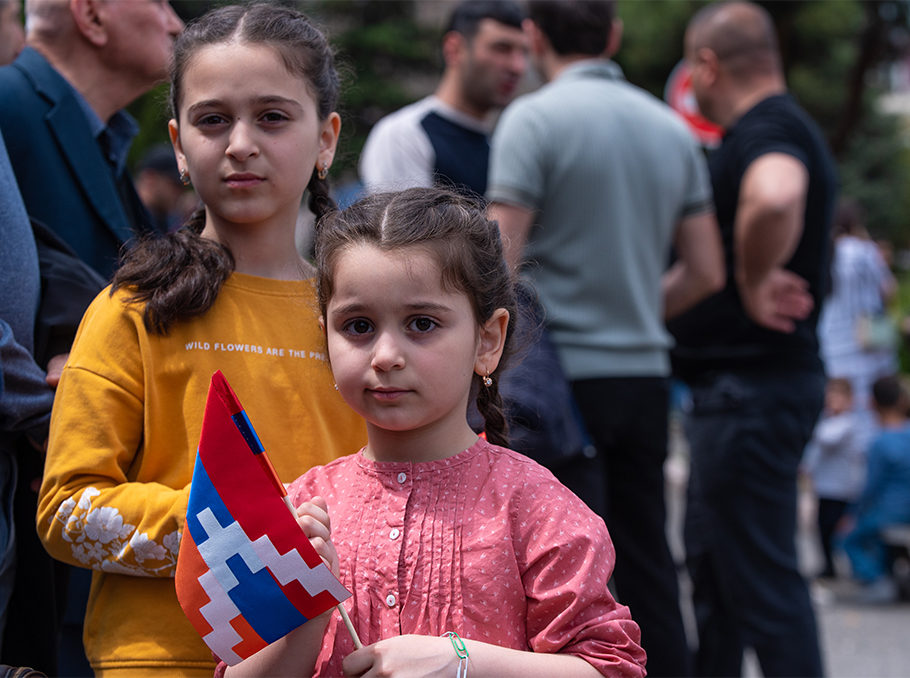
Photo: Davit Ghahramanyan
“I found out about my pregnancy on December 10, 2022. It was Saturday. On Monday, December 12, I went to the laboratory and took a number of tests. A few hours later we learnt that the road was closed again. Those tests did not reach Yerevan. That was the first problem I faced during my pregnancy. At home, we jokingly say that our baby and the blockade are of the same age. We hope that with the birth of our baby, the blockade will be eliminated.”
The young woman admits that apart from domestic issues, the biggest problem for the women responsible for the continuation of the generation in the besieged Artsakh is the constant stress.
“When the gas stove became just part of the furniture, we rearranged the rooms. The sofa and the armchair were moved close to the wood stove. We remembered that the meal cooked on the wood stove has an incomparable taste, and so does the tea with herbs. I do not like to grumble and complain. We have adapted and lived. Domestic problems are much easier to overcome than psychological ones. The biggest trial is uncertainty. Constant anxiety. I still ask myself and cannot find an answer: isn’t it irresponsible to have a child in these conditions? In the early stages of pregnancy I was hospitalized with the risk of losing the baby, and it turned out that the maternity hospital did not have the medicine I needed. The doctor offered a substitute, telling my husband to find it on his own. But his hopeless smile suggested that all searches would be just a waste of fuel. There is no such medicine in Stepanakert. And the lack of fuel was and still is a serious problem.”
Today the shops and markets in Stepanakert have nothing that contains vitamins so important for pregnant women and women who have just given birth. The local and very expensive watermelon that appeared weeks ago, potatoes for 600 drams per kilo and beans for 1300 drams are the only local products that can be purchased. Local dairy production, which somewhat mitigated the crisis during the winter and spring months, is now also at a standstill due to lack of necessary containers.
V. is not speaking about the lack of food during pregnancy, the endless and desperate search for several bunches of spinach or any vegetable to raise hemoglobin. Probably, this is because she witnessed more severe cases.
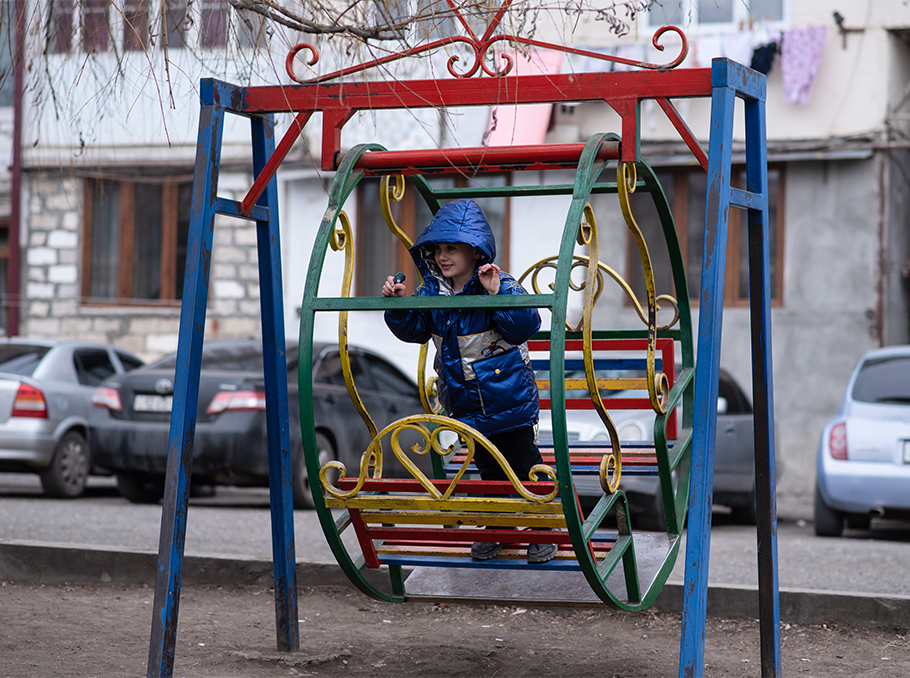
Photo: Davit Ghahramanyan
“For the first time in the maternity ward, I saw a malnourished pregnant woman who even fainted in front of all of us in the corridor. Only they will know at what cost the hospitals of Artsakh worked. I can only testify about the care and compassion of the medical workers. I saw how the nurses brought food to the malnourished pregnant woman I mentioned, how the doctors convinced us that it is more important to eat meat rather than fruits and vegetables. Something that could not be imagined before. Indeed, it was impossible to imagine many things before. Like, for example, that I may refuse to go to Yerevan with the Red Cross for additional examinations, despite the doctor’s advice. Because I cannot leave my son at home. Not because there is no one to take care of him, it’s just that war can break out again every second. And we will not be by his side. I cannot allow that.
Now, when the baby is just a month away, another problem has emerged. It is a problem to find baby clothes, strollers, diapers and other similar items in Stepanakert, especially when you just cannot go to all the shops in the city on foot. As I said, the fuel problem is getting worse day by day. I ordered some items from Yerevan. But after the June 15 incident that opportunity was lost. No goods from Yerevan reach Artsakh.”
Margarita Ghushunts, who lives in Stepanakert and gave birth three months ago, is already talking about postpartum complications. The young mother faced the first problem from the moment she was transferred from the intensive care unit of the maternity ward to the hospital. When Margarita’s baby was born in Artsakh, the gas supply had been stopped for weeks. It was impossible to keep the temperature in the hospital room within the necessary norm due to heating problems.
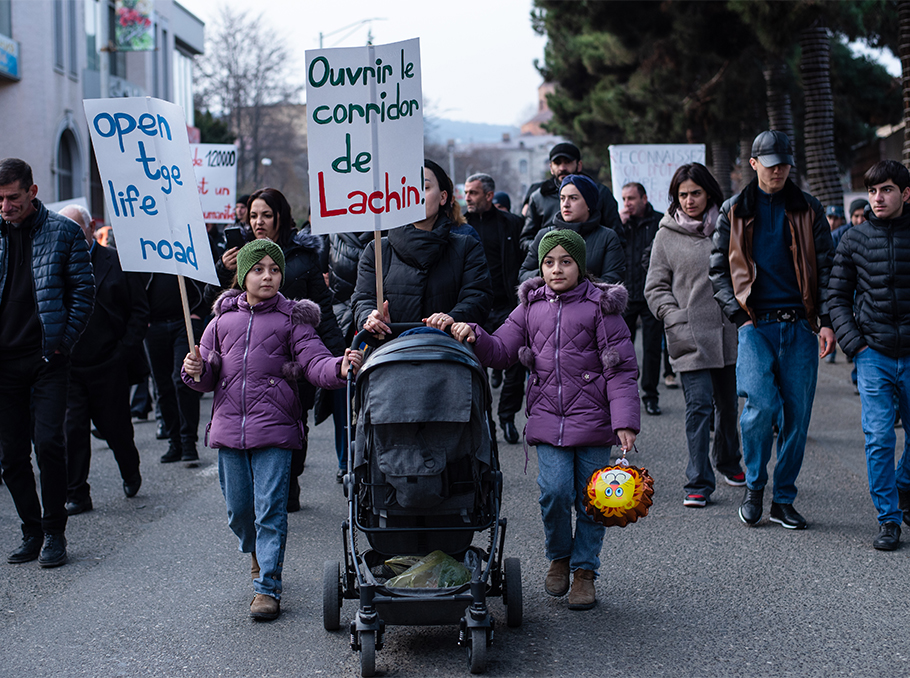
Photo: Davit Ghahramanyan
“We were forced to wrap the children in several blankets, keep them next to us, and this in conditions when I was just operated on. Women who gave birth by caesarean section will understand how difficult it is,” Margarita says.
Due to the lack of gas and transport, Margarita’s relatives were bringing her food to the hospital mostly on foot. They brought what they could from the besieged city.
Now too Margarita has to find milk mixture for her three-month-old baby girl. Although her breast milk is sufficient, it does not contain enough vitamins for the baby due to the mother’s “blockade” diet. Only mothers from Artsakh know how difficult it is to find milk mixture in the besieged Artsakh.
At the time we spoke, Margarita was in a long, tight queue for sugar, from which she hoped to return with enough sugar to at least drink some sweet tea to keep her milk. But, as it often happens in Artsakh, Margarita stood in the line in vain that day.
Margarita says finding suitable non-allergic clothes, diapers and other care items for the baby is also a big problem: they could not bought a new crib and bath for little Rosie.
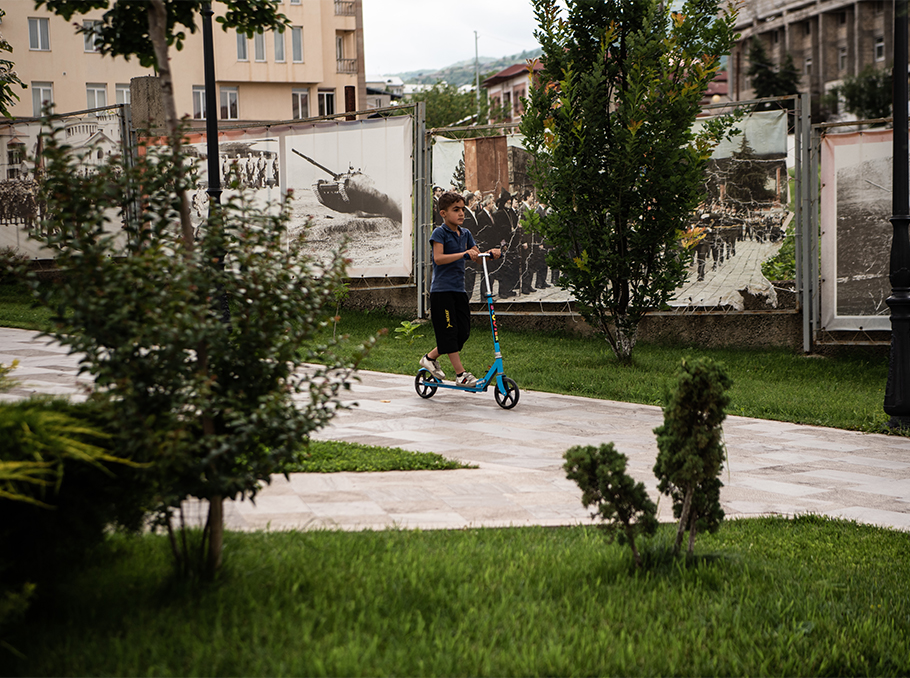
Photo: Davit Ghahramanyan
“We also have a problem with hot water due to the lack of gas and frequent power outages which make it difficult to take proper care of our babies. We have to use wet wipes, which are also very difficult to find, and what we have is very expensive,” says Margarita, whose biggest regret is that she cannot spend much time with newborn Rosie as she would like to. The mother of three cannot count on maternity leave payments only and has to return to work.
Dare to give birth under the siege or not? The Armenian women living in Artsakh cannot clearly answer this question.
Margarita learned that she is pregnant with her third child months before the blockade. She confesses that the decision to give birth again in post-war Artsakh was not an easy one.
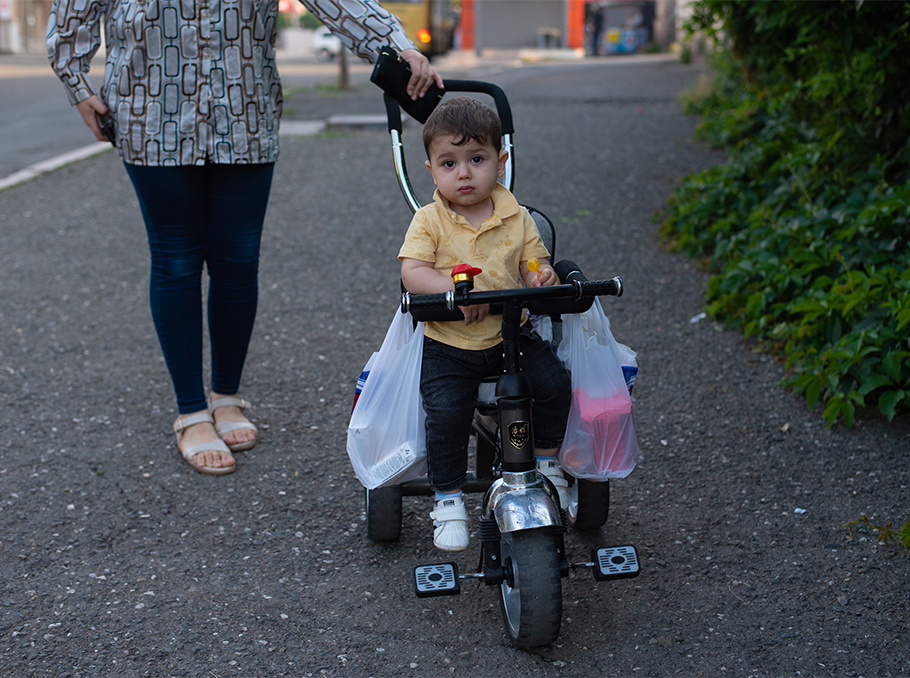
Photo: Davit Ghahramanyan
“I found out about my pregnancy on August 5. On those days they hit Martakert again, we had casualties. At that very moment, I was faced with a dilemma whether to have this miracle or not. The thought that our nation should multiply even under these conditions won. Realizing very well that it will only get harder, knowing the enemy’s style, I was sure that we would have problems both during pregnancy and after it. And that’s exactly what happened.”
Sofia Hakobyan (Stepanakert)









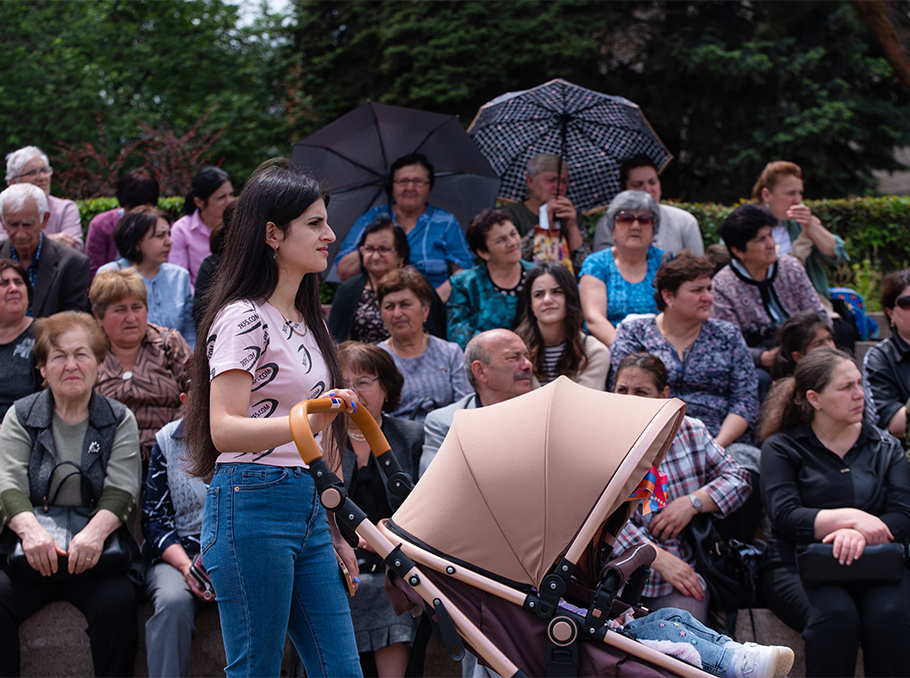


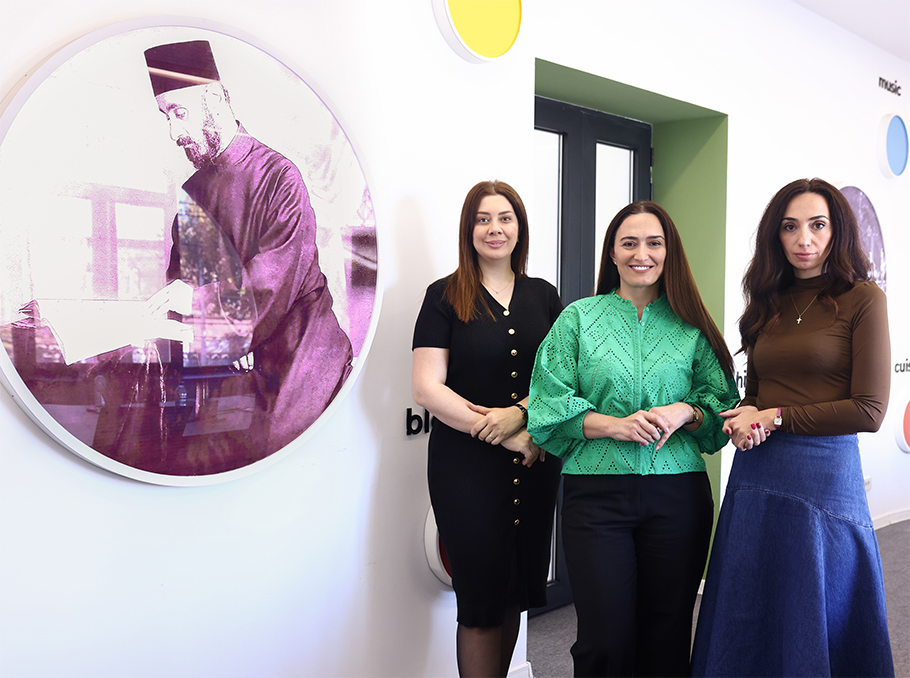
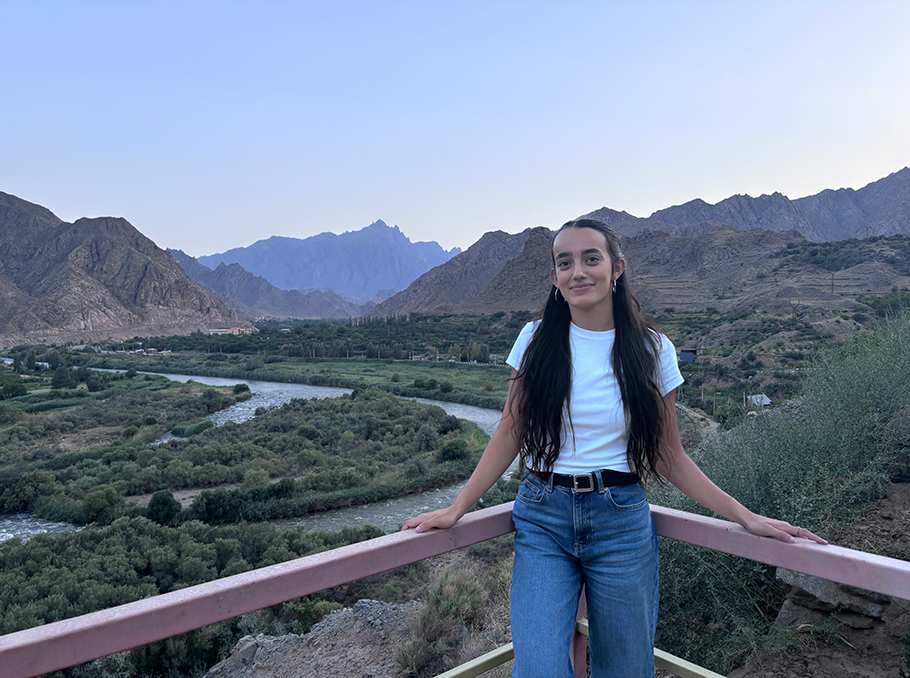
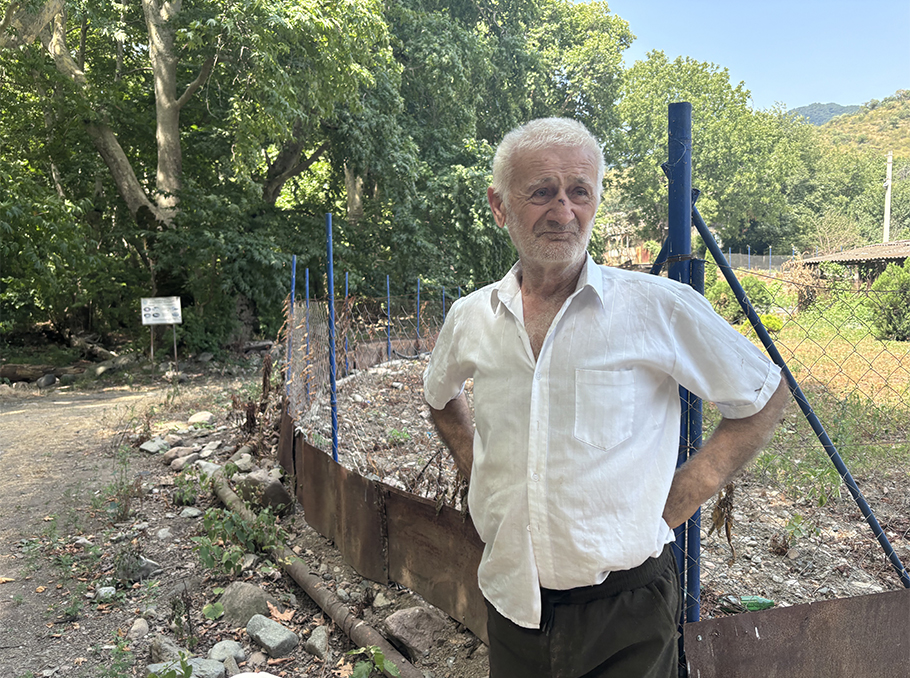
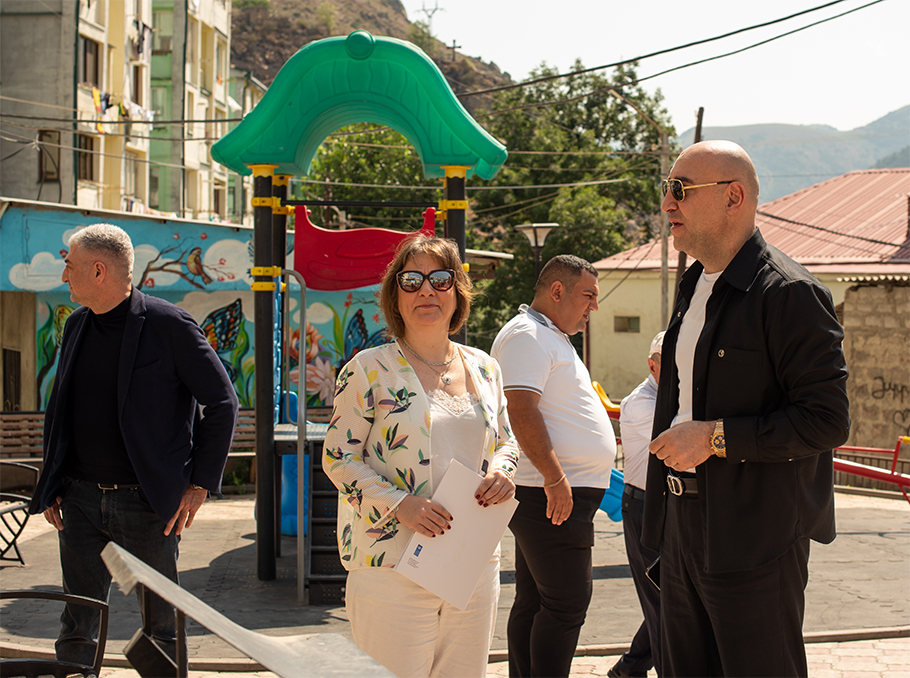







Comments
Dear visitors, You can place your opinion on the material using your Facebook account. Please, be polite and follow our simple rules: you are not allowed to make off - topic comments, place advertisements, use abusive and filthy language. The editorial staff reserves the right to moderate and delete comments in case of breach of the rules.